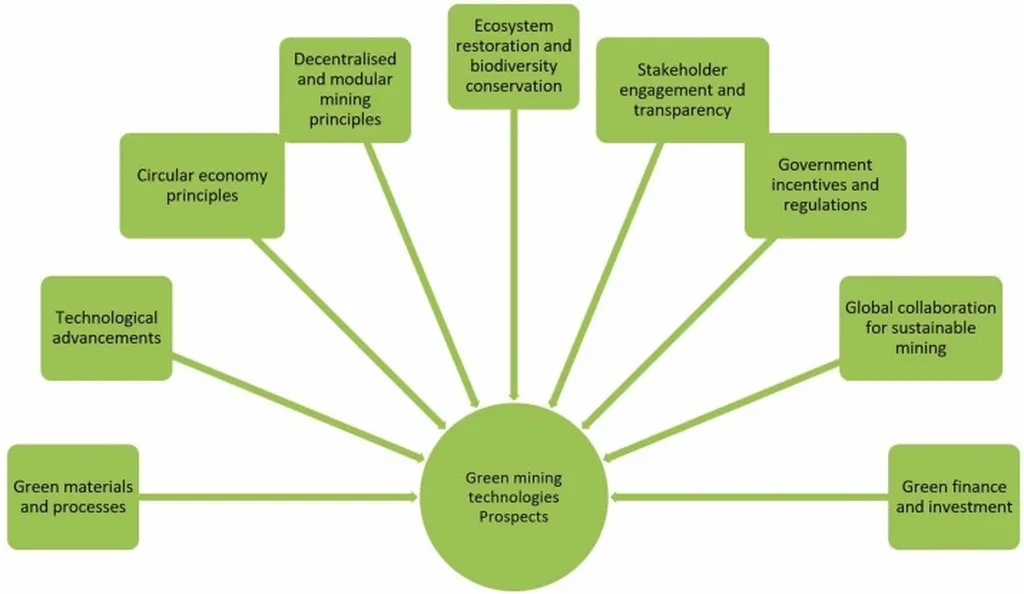In the heart of Indonesia, a pressing question has emerged, one that could reshape the landscape of mining operations and environmental stewardship: Who truly holds the reins when it comes to environmental recovery post-mining? Vonny Anneke Wongkar, a researcher from Universitas Sam Ratulangi in Manado, Indonesia, has delved into this complex issue, shedding light on the often-overlooked role of local governments and communities in the mining sector’s environmental recovery processes.
Wongkar’s study, published in the *Jurnal Nuansa Akademik* (translated as *Journal of Academic Nuances*), employs a robust empirical normative research method, combining legislative, conceptual, and case-based approaches to unravel the intricacies of local governments’ authority in environmental rehabilitation following mining activities. The findings are both revealing and thought-provoking, with significant implications for the energy sector and its stakeholders.
The research highlights a critical bias in the current system: local communities are frequently sidelined in the environmental recovery process. “The recovery process must begin with the fulfillment of environmental permits and environmental studies, followed by planning, implementation, and supervision at the exploration, production, and post-mining stages,” Wongkar explains. However, the crux of the matter lies in the transfer of responsibility. In cases of environmental pollution, the obligation shifts to the local mining company or business entity.
This shift in responsibility can have profound commercial impacts. Mining companies operating in Indonesia and similar jurisdictions may face increased scrutiny and potential liabilities, necessitating a more proactive approach to environmental management. As Wongkar notes, “It is advised that reclamation and post-mining activities be designed in such a way that they become the authority of the government and mining industry actors, with the community as directly associated partners.”
The implications for the energy sector are far-reaching. As the world grapples with the dual challenges of meeting energy demands and mitigating environmental impacts, this research underscores the need for a more inclusive and transparent approach to environmental recovery. By involving local communities and ensuring robust oversight, mining companies can not only comply with regulatory requirements but also build trust and foster long-term sustainability.
Wongkar’s findings also point to a potential shift in the dynamics between local governments, mining companies, and communities. As the energy sector evolves, so too must the frameworks governing environmental recovery. This research serves as a clarion call for stakeholders to rethink their approaches and embrace a more collaborative and community-centric model.
In the broader context, this study could shape future developments in the field by advocating for more inclusive policies and practices. As the energy sector continues to navigate the complexities of environmental stewardship, the insights gleaned from Wongkar’s research could prove invaluable in charting a more sustainable and equitable path forward. The *Jurnal Nuansa Akademik* publication serves as a testament to the growing recognition of the need for such research in the academic and industrial communities.
As the world watches, the mining sector stands at a crossroads. The choices made today will echo into the future, determining not just the environmental health of mining regions but also the social and commercial viability of the industry. Wongkar’s research offers a compelling narrative, one that challenges the status quo and paves the way for a more inclusive and sustainable future.

